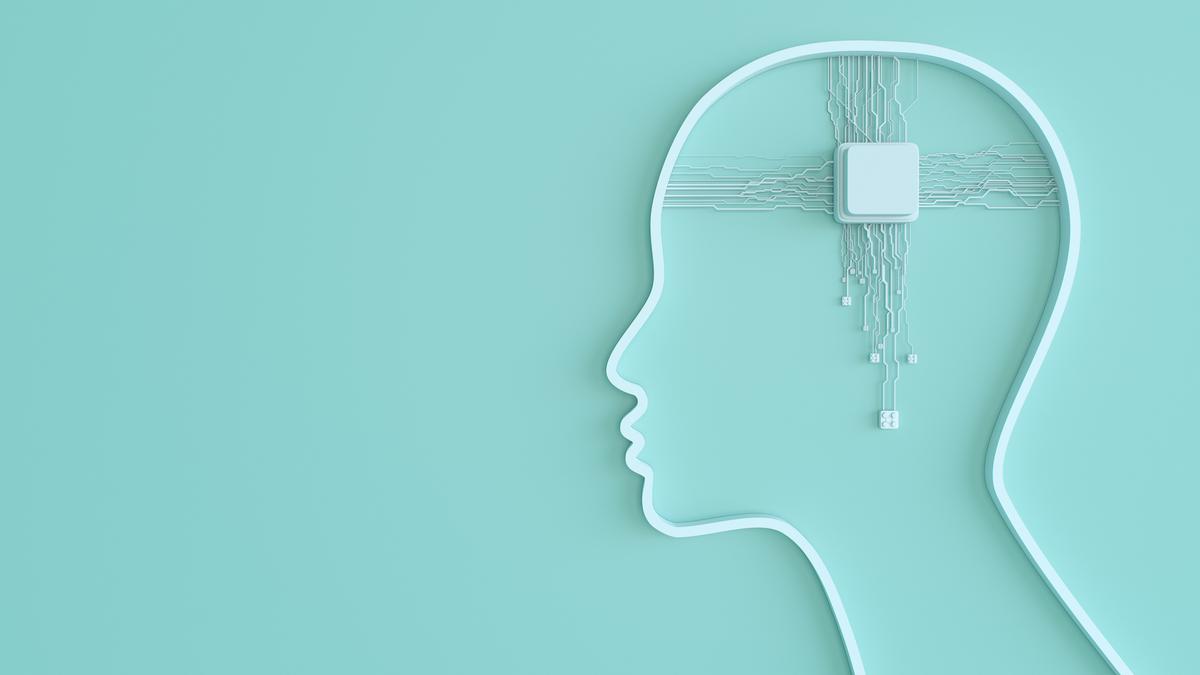
How neuroscience reshapes marketing strategies in India Premium
The Hindu
Neuroscience in India: From brain implants to consumer behavior insights, unlocking the power of neuroscience for business solutions.
Elon Musk’s N1 implant, introduced to facilitate operating devices by just intending it in the brain, has jolted many into realising how far seemingly exotic neuroscience has been put to practical, commercial use. While the implant may be the outlier in neuroscience, what’s common and par for the course today is mapping the brain to understand and predict human responses with data and real insight. This is being used in India to solve business problems from why life insurance buyers typically stop paying premiums after the first two years to whether an online ad can be made to ensure the consumer hits the “buy” button.
Neuroscientific techniques provide a scientific or objective understanding of the brain-behaviour relationship, says Tanusree Dutta, faculty at IIM Ranchi. “Advertisements, product design, aesthetics, store layout, use of music, colour to attract attention, nudges and so on can all be tested with the use of neuroscientific tools to ensure their effectiveness before being launched,” she adds.
Anil Pillai, CEO of Tarragni Consulting that specialises in neuroscience, says that questionnaire-based surveys have limitations since the responses are filtered and affected by cognitive biases. Neuromarketing says impressions and therefore decisions are made at the emotional, instinctive and unconscious levels of the human mind.
The Implicit Association Test would be a simple demonstration of plumbing the unconscious mind for deeply held beliefs and biases that may be filtered out by participants in a questionnaire-based survey. The rapid-fire type tests give little time for considered responses that can otherwise filter out biases.
Neuroscience-based market research can give reliable hard data, says Mr. Pillai. Instead of questionnaires, neuroscience employs a range of instruments to directly get information on how the brain is being impacted and what decisions it will take.
Neuroscience had a breakthrough more than 15 years ago in the U.S. when Functional magnetic resonance imaging (fMRI) showed that ads evoking 9/11 attacks triggered fear among voters but the brain activity was different among Republican versus Democratic voters. Neuromarketing experts say that opinion polls in India can be more accurate and probe voter minds better in today’s highly polarised, ideological politics by using the FACS (Facial Action Coding System). The FMRI would be prohibitively expensive in India, says Mr. Pillai.
An enabler of neuroscience in India and across the world is the rapid strides in bio instruments, making some of them cheaper and easier to use. Today wearable watches can deliver much health information. The eyeball tracker, the classic neuroscience tool, is available on Amazon today, says Puneet Garg, co-founder, Story Prediction.

The crowning achievement of American inventor William Painter’s career was, well, inventing the now-ubiquitous crown bottle cap. Oh, and not to forget, the bottle cap lifter to open these crowns, or what we simply call the bottle openers. A.S.Ganesh tells you how Painter changed the bottling industry forever…










